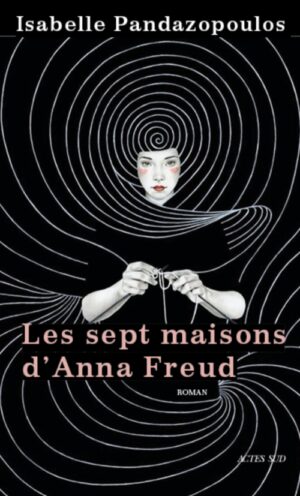
The Freud family as never seen or read before!
Anna was the last child of Sigmund and Martha Freud. Considered the ugly duckling because of her anorexia, severe depressive episodes and compulsive masturbation, she was cared for by several nurses throughout her life. Born in the same year as the word “psychoanalysis”, she received therapy from her illustrious father during the early days of his practice in Vienna. Initially a schoolteacher, she joined the Psychoanalytic Society, eventually following in Sigmund’s footsteps and becoming one of the first child psychoanalysts.
Exiled to London with her family to escape the Nazis, she opened a school, one of her homes, to take in youngsters left behind by a school system that crushed difference. In the process, she became the rival of the other major figure in English childhood psychology, Melanie Klein.
After Lou, a friend of her father’s with whom she developed a close relationship, Anna had a love affair with Dorothy, an American who followed her to England. However, the word “homosexual” is never really mentioned.
When her father was diagnosed with jaw cancer, Anna stayed with him to the end, becoming the centaur protecting the psychoanalytic sanctuary and even following his patients when he died.
Les Sept maisons d’Anna Freud reads in turn like a family saga, a brief history of psychoanalysis and a novel in which the knots and tensions of history follow one another. All of which revolves around the central figure of Anna, yet the least loved of the siblings. The book explores the most significant and romantic events in the Freud clan, not chronologically, but emotionally, like the non-linear unfolding of life.
A formidable narrative breath (the writing is precise, perfectly mastered and unadorned) quickly unfolds and sweeps the reader along, as if in an analysis.